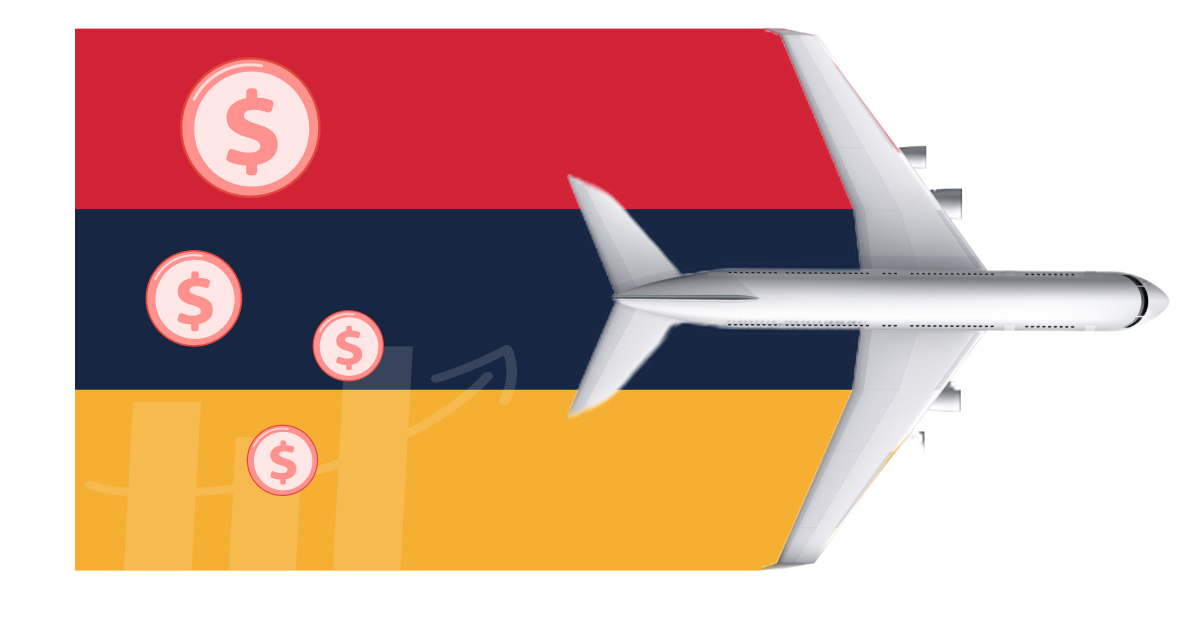
How Airlines Can Eliminate Duplicate Group Booking Requests
As the pandemic’s influence on the airline industry fades in the background, a new situation has emerged. With skyrocketing demand for flight tickets, airlines increasingly

As the pandemic’s influence on the airline industry fades in the background, a new situation has emerged. With skyrocketing demand for flight tickets, airlines increasingly

In recent years, airlines have increasingly embraced customer-centricity with dynamic and personalized offers. However, airlines are struggling to transition to the modern retailing landscape, especially

For airlines looking to increase operating revenue and get consistent business, series bookings from travel agents have emerged as a source of delight. Now, what

Airlines have their work cut out as people worldwide make frenzied travel plans to shake off the misery of the pandemic-induced lockdowns. To benefit from

It is no secret that before the pandemic, the airline sector was booming. Companies were constantly expanding their travel budgets, and airlines took full advantage

Today’s tech-savvy passengers would like to search and book their flight tickets from the airline websites or other online portals. The process of online booking

Be a business travel or tour, group traveling is always an exciting one. The exhilaration would be much better if the fare and process of

Schedule a Call